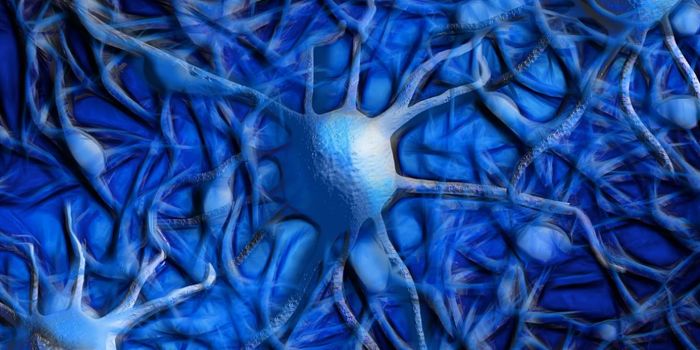Exploring the Impact of Missense Mutations
In genomes, three letters or bases of DNA encode an amino acid. Amino acids are then strung together by the cell to create proteins. There is some redundancy in that genetic code, but there are single-base pair changes, or mutations, that can alter the resulting amino acid. These are known as missense mutations, and scientists have estimated that missense mutations are responsible for about one-third of genetic diseases. But there are millions of other missense mutations in the genomes of people, which have unknown consequences.
A new study has attempted to examine the impact of about 500,000 of those mutations on around 500 different protein regions. This study has suggested that about 60 percent of missense mutations disrupt the underlying stability of a protein. This instability is particularly relevant in recessive diseases. In those disorders, diseases result when an individual carries a mutation in both inherited copies of a gene, instead of only one in the case of dominant disorders. The effect of each mutation on these various protein domains was varied, however. The work has been reported in Nature.
The research also showed that unstable proteins are a major driver of heritable cataracts, and influence many different diseases including developmental, neurological, and muscle-wasting diseases.
This study determined that almost 40 percent of missense mutations do not appear to have a destabilizing impact. In those cases, other mechanisms may also help make up for the problem.
Mutations in a gene called MECP2 can cause Rett syndrome, but there are MECP2 mutations that do not seem to destabilize the protein, for example. However, those mutations are altering how the MECP2 protein attaches to DNA, which change how it regulates the expression of other genes. Thus, those mutations may cause disease by disrupting brain function, while the MECP2 protein is not necessarily unstable.
This work helps show exactly how mutations are causing disease, whether they might be destabilizing a protein, or causing a functional change that does not affect stability. This information could improve treatments for different diseases, suggested first study author Dr. Antoni Beltran, a researcher at the Centre for Genomic Regulation (CRG) in Barcelona. "It's a significant step toward personalized medicine."
Mutations that impaired stability tended to be related to recessive diseases, while dominant disorders were more likely to be caused by mutations that directly affected protein function.
The study has highlighted the potential of Human Domainome 1, which is a library that catalogues different mutations in human DNA that are in protein-coding sequences. It contains every possible mutation for 522 protein domains.
This research was performed in yeast cells, which are a good model for human cells but cannot recapture what happens in a human body. The mutations were also only studied within the domains, which are portions of proteins that are crucial to structure, instead of the entire protein.
"Essentially, this means that data from one protein domain can help predict how mutations will impact other proteins within the same family or with similar structures. The 'rules' from these 522 domains are enough to help us make educated predictions about many more proteins than there are in the catalogue," said corresponding study author ICREA Research Professor Ben Lehner of CRG and the Wellcome Sanger Institute.
Now, the researchers want to study the effect of all of these different mutations in the actual proteins. "Ultimately, we want to map the effects of every possible mutation on every human protein. It's an ambitious endeavor, and one that can transform precision medicine," concluded Lehner.
Sources: Centre for Genomic Regulation, Nature









